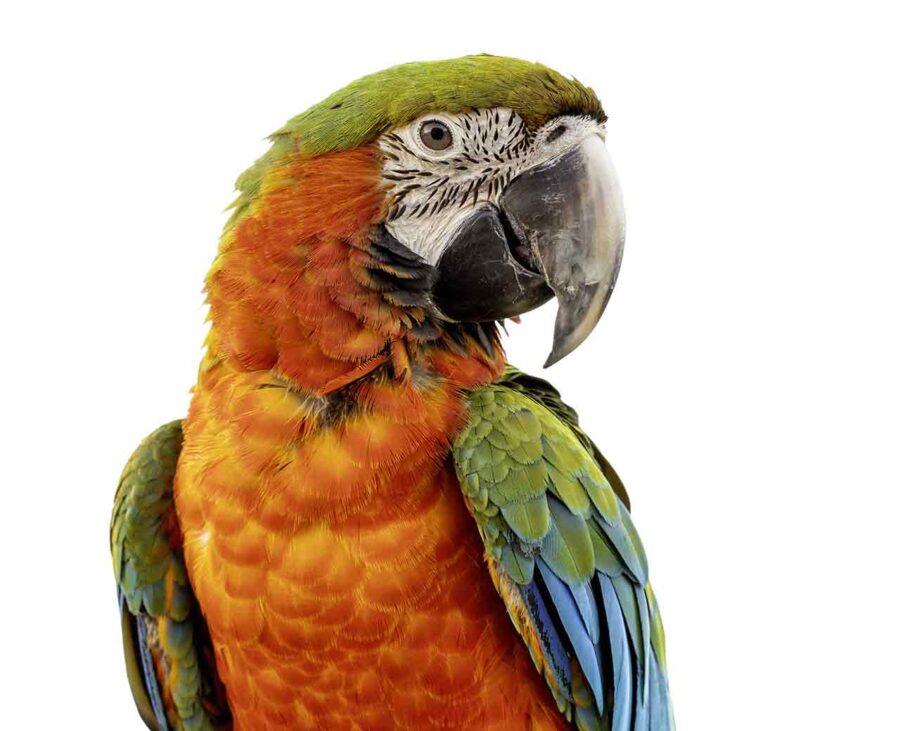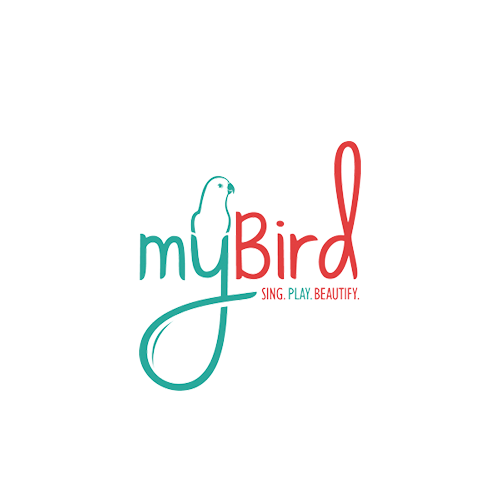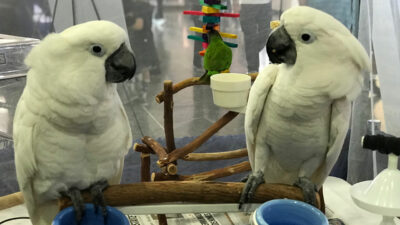
Succession Planning for Your Pet Bird: How to Ensure They’ll Always Be Cared For
When we welcome a bird into our lives, we expect to be there for every chirp, cuddle, and curious head tilt. But because many parrots and companion birds can live for decades — sometimes 50 years or more — it’s important to plan for their care in the event that we can’t be there for them someday.
Thinking about “succession planning” for your bird doesn’t need to feel sad or daunting. In fact, it’s one of the most loving things you can do for your feathered friend — ensuring that they’ll always have a safe, happy home no matter what life brings.
Here are some tips for creating a plan that will provide peace of mind for you and security for your pet.
Start by Choosing a Future Caregiver
Begin by thinking about who might be willing and able to care for your bird if needed. Ideally, this should be someone who:
- Loves birds (or is open to learning about them!)
- Understands your bird’s needs — or is willing to work with an avian vet or experienced bird owner
- Has the time and space to provide proper care
This person could be a family member, close friend, or even a trusted fellow bird enthusiast. Once you have someone in mind, talk with them openly about what’s involved. Make sure they’re truly comfortable taking on the commitment — and give them a chance to meet your bird if possible.
Put Your Wishes in Writing
Once you’ve chosen a potential caregiver, it’s important to make your wishes clear in writing. This can be as simple or detailed as you’d like. For instance, you might create:
- A care document that outlines your bird’s daily routine, diet, favorite foods and toys, and personality quirks
- A formal legal arrangement (such as a will or trust) that specifies who will assume care and sets aside funds for your bird’s expenses
Many bird owners choose to consult an estate planning attorney, particularly if they have long-lived species or multiple birds. Even a simple note or letter of instruction kept with your important papers can make a huge difference in an emergency.
Keep a Bird Care Binder or Digital File
Having all your bird’s information in one place will make it much easier for a future caregiver — or anyone helping in an unexpected situation — to step in. Consider including items such as:
- Avian vet contact information
- Medical history and recent test results
- Feeding schedule and diet details
- Favorite toys, perches, and enrichment activities
- Behavioral notes (for example: “doesn’t like loud noises” or “loves head scratches”)
Update this information once or twice a year so it stays current.
Consider a Backup Plan
Even with the best planning, circumstances can change. Therefore, it’s wise to name a backup caregiver in case your first choice is unable to take your bird.
You might also explore local avian rescues or sanctuaries that accept long-term care placements. Some even have programs designed specifically for birds whose owners can no longer care for them.
Focus on Peace of Mind
Succession planning isn’t about expecting the worst — it’s about giving yourself and your bird security and stability for the future. Knowing that your feathered friend will be safe and loved, no matter what, will allow you to enjoy your time together without worry. Our birds depend on us completely, and making these plans is just another way of showing them the same unconditional care they give us every day.
Unsure where to start? Ask your avian veterinarian for recommendations — they’ll likely be able to connect you with local rescues, sanctuaries, or bird clubs that can help with long-term planning for the care of your beloved bird.





